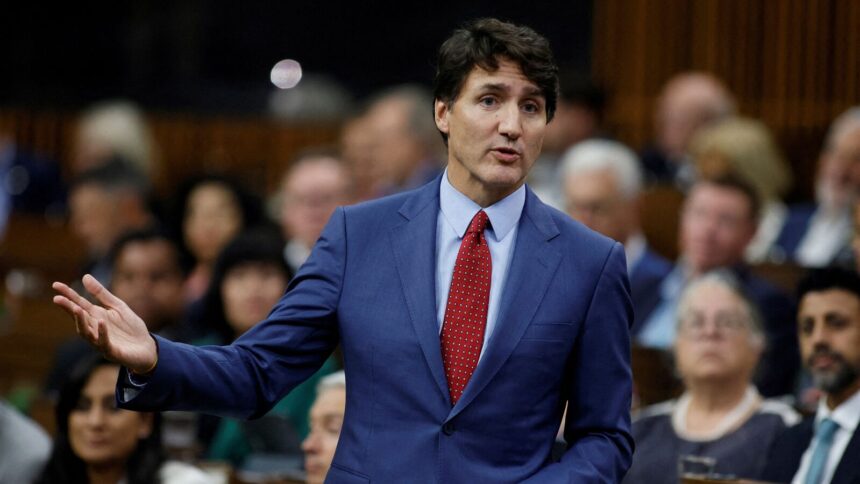“We are seeing a significant decrease in the number of international student permits being granted this year, with a further 10% reduction planned for next year,” stated Canadian Prime Minister Justin Trudeau on September 19. Trudeau emphasized the importance of immigration to the economy but also highlighted the need to crack down on those who abuse the system.
According to Canada’s immigration minister in January, the reduction in permits could result in only 327,000 student permits being issued in 2025, down from 364,000 in 2024. This reduction in permits may lead students to explore other options, with destinations in Eastern Europe becoming more attractive.
A consultant from iSchoolConnect Pvt Ltd noted that while 22% of students currently choose Canada, there is a growing interest in Eastern European countries such as Poland, Georgia, Estonia, and Lithuania. The stricter rules and caps on international students in Canada have already prompted some students to look elsewhere for their education.
The University of Toronto has reported a 40% decrease in applications from Indian students this year, citing uncertainty and lack of clarity as contributing factors. The overall decline in interest in Canadian universities is evident, with a 40% drop in queries for higher education.
The housing crisis in Canada has also made it challenging for incoming students to find accommodation. Additionally, the increased GIC requirements, from CAD$10,000 to CAD$20,635, have further added to the financial burden on students.
While Canada, Australia, and European countries remain popular choices for students studying engineering, medicine, and science, the recent curbs and restrictions may push students to consider other options. It is expected that the impact of these changes on international student intake will continue until the upcoming elections in Canada in 2025.










